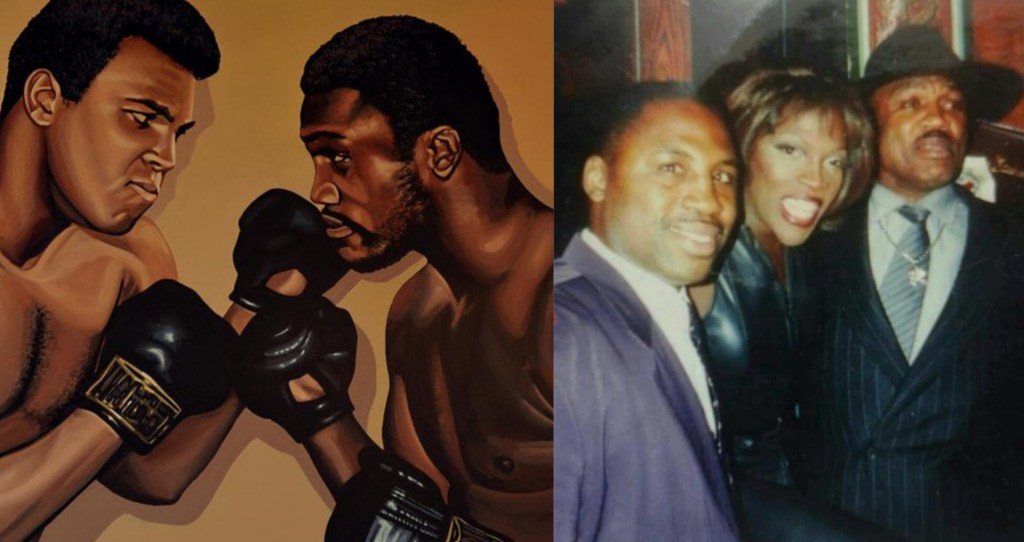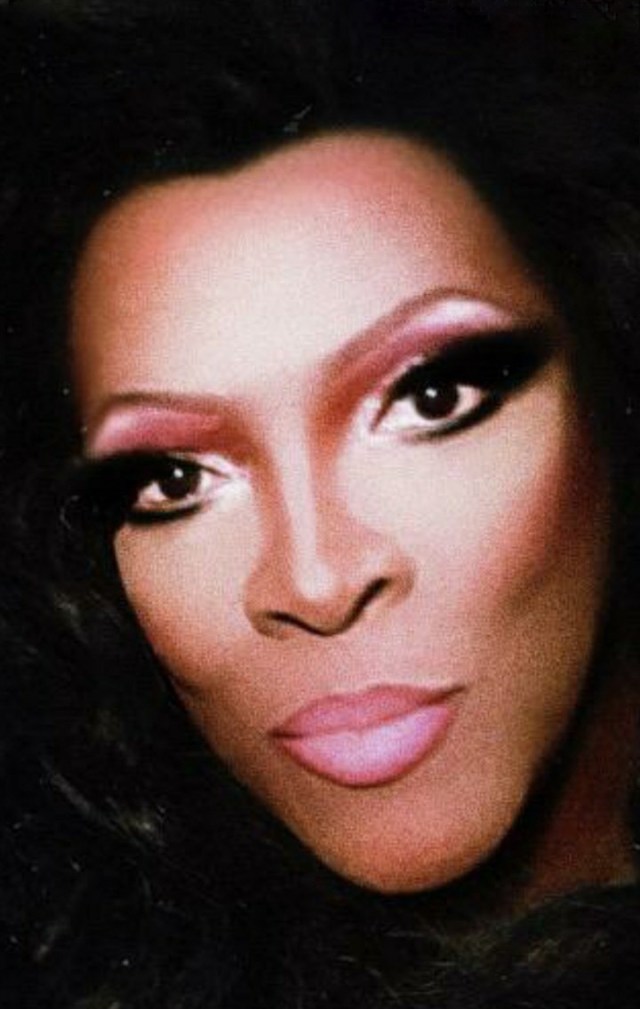The first in the trilogy of Ali-Frazier sparrings was billed as “The Fight Of The Century”. The hoopla captured the interest of both boxing and non-sports enthusiasts nationally. Although I was less than ten years old in 1971, with zero interest in sports, the spectacle of it all didn’t escape me! Now here we are a half century later, and its indelible mark on history cannot be denied.
Ali-Frazier was the ’70s incarnation of the Louis-Schmeling matches of the 1930s. American Joe Louis versus German Max Schmeling was a sporting event of the ages, laced with underlying political and racial tones. The Brown Bomber, Joe Louis, against Nazi Max Schmeling symbolized democracy versus Nazism; good versus evil; Black versus White. Schmeling was victorious in their first bout by knockout in the 12th round. For the rematch, Louis knocked Schmeling out in the very first round! Blacks took to the streets in major cities throughout the nation and celebrated to near hysteria. In a racially divided America, a Joe Louis win represented a win for the race as a whole.
Muhammad Ali, formally Cassius Clay, rose to national prominence by defeating Sonny Liston for the heavyweight title in 1964. Outspoken and proud, he soon converted to Islam and denounced his birth name. He was stripped of his title for refusing abduction into the US Army in 1967. A few boxers held the title during his absence, but lacked the charisma and hold on boxing fans that Ali had. During this time, Joe Frazier built a solid reputation as a formidable opponent to Ali. Some say he was actually a much superior fighter.
March 8th 1971 — a Monday night at Madison Square Garden in New York City was the most enviable ticket in sporting history. The sold-out event was a next to impossible ticket to score. Sports fans, socialites, politicians, and superstars were all attendees. Bold names such as Jackie Onassis and son John Kennedy Jr, singer Diana Ross, and journalist David Frost with his then love interest Diahann Carroll, were ringside. Frank Sinatra took the job as photographer for Life magazine because he couldn’t score a ticket to the main event. The closed circuit TV broadcast also attracted millions of viewers worldwide. For 15 rounds each fighter exhibited both prowess and showmanship. The air in The Garden was electric, with each fighter giving and receiving powerful blows. In the 15th round, Frazier caught Ali in the jaw with his infamous left hook. He won the bout by knockout.
The aftermath of the fight was also a spectacle. When ABC broadcasted the fight on national television about a week later, Ali and Frazier came to blows while they were commentating along with Howard Cosell. The combative energy, with Ali delivering non-stop verbal insults directed at Frazier, created a buzz and anticipation for a rematch. Ali and Frazier would have two other bouts. The second a non-title match, and the third Thrilla In Manila, fought in the Philippines. Ali would win both bouts. One unanimously, the other with some controversy.

The Ali-Frazier trilogy, iconic and important, not only represented hope for Blacks, but also resonated as a symbol of hope and victory in various cultures and races globally. It is also widely believed to be the inspiration for the Rocky films.
Ali went on to become a heroic symbol, global ambassador, and positive influence until his death. I can also recall how thrilled I was while, as a teen hanging outside of Studio 54, watching the movers and shakers of the era arrive to get their disco on, Ali stepped out of a limo. He literally had an illuminated halo of light surrounding him. I tell you, he glowed! Many years later, while working at Lucky Cheng’s, an infamous Drag eatery in Downtown NYC, I had the pleasure of meeting Joe Frazier. Although not nearly as charismatic as Ali, he had a serene yet unassuming nature. A virtual gentle giant whose grace defied his size and legend. Neither Ali nor Frazier are here for this celebratory moment. But, like true icons and mythical legends, they are forever ingrained in our hearts and minds.

Contributing Writer Princess Diandra is a New York City-based entertainer and vibrant globetrotting raconteur. She has a passion for culture, cuisine, and history, particularly the Black contribution to history.


What a truly lovely homage to both men, who influenced many generations. I will always remember Ali for standing against the war machine. His conviction forever models for me what it takes to resist the status quo and take the moral high road when the odds are against us. It’s part of what made him great: Who he was inside and outside the ring. Thank you, Diandra, for this intimate look at a slice of American History!
Yes… Ali was the MAN! Used his fame for goodness throughout his life. Even while MS was destroying him physically, he still fought the good fight and was a humanitarian until the end. An inspiration indeed!
I really appreciated this article. The personal connection of your having met both Ali & Frazier added that extra something to it for sure. Thank you for sharing this.
Thank you so much! So appreciate that you enjoyed it…
If I may, a couple of typos I noticed:
“. . . reverted to Islam,” should be “converted.”
“. . . refused abduction,” should be “induction.” Although the draft was more like abduction, lol.
Great read. My parents met him in the TWA club lounge at JFK. It was before his Parkinsons took hold. My mother was impressed with his humor and graciousness. I wish I could have met him.
Dear Jim,
Thank you for your readership. We value your time. I’ve notified our copy editor of the oversights. Indeed, such distractions can’t impede this wonderful story, and yet, we care whether our contributing writers shine their brightest on Karma Compass. No doubt we-of-a-certain age have an Ali story that is near to our hearts. That’s the power of Diandra’s memories: She brings us all together.
Warmly,
Edissa